It’s almost impossible to talk about the history of Nigerian music without mentioning names like Fela Anikulapo Kuti and Bongos Igwe. While these men, and many like them, inspired the world with different musically-led movements, the history books tend to forget or downplay equally important contributions made by female artists of that generation. To celebrate Women’s History Month and remind us of the badass women who paved the way for artists like Tiwa Savage, Simi, Ayra Starr, Tems, and Asa, we’ve decided to honour five female artists who changed the game.
1. The Lijadu Sisters
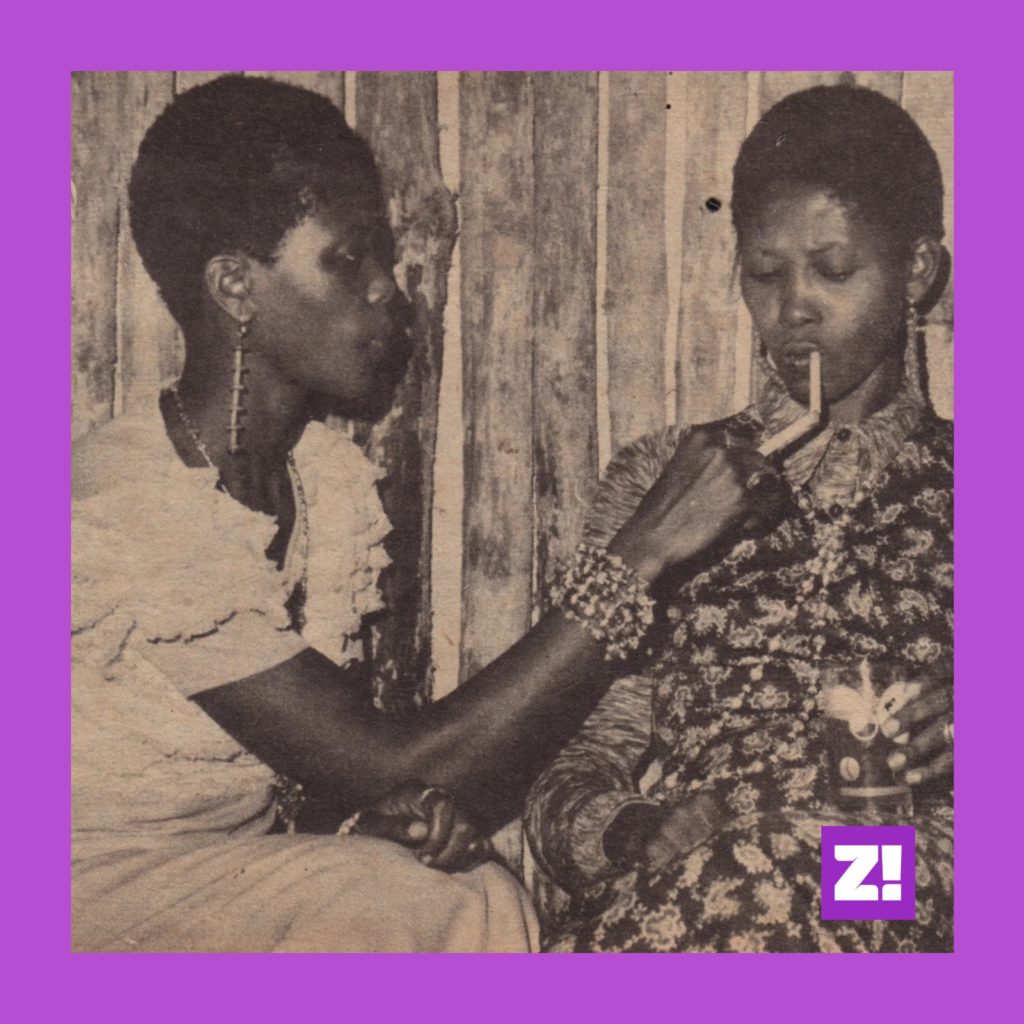
Once upon a time, Nigerians made psychedelic rock music — believe it or not — and at the forefront of this musical movement were twin sisters, Kehinde and Taiwo Lijadu, popularly known as The Lijadu Sisters. Raised in Ibadan, the twins popped up on the rock scene in the late 1960s with a fresh take on punk rock music that mixed elements of other Yoruba genres and instruments. Their album, Horizon Unlimited was a big hit that featured the song Orere Elejigbo, which was sampled by Ayra Starr in her song Sare.
Fun fact: The Lijadu sisters are also Fela’s cousins. There’s something in that family for real.
2. Evi Edna Ogholi
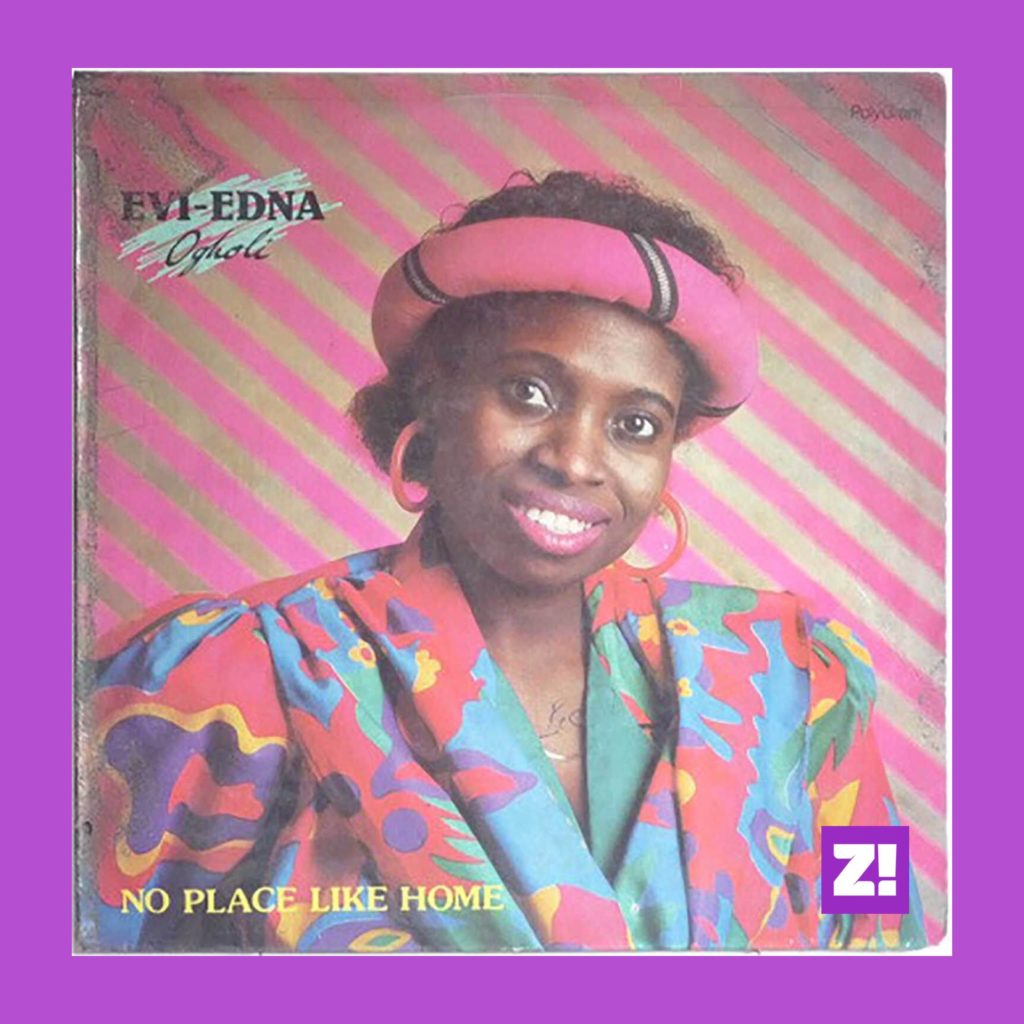
Way before Stormzy’s Birthday Girl and Drake’s Ratchet Happy Birthday became the soundtrack to our Instagram birthday posts, one woman reigned supreme in the birthday song department: the one and only Evi Edna Ogholi. Oh, the sweet memories. Edna Ogholi’s Happy Birthday is such an important part of the Nigerian birthday culture that back then, your birthday wasn’t complete until it came on.
But outside of this jam, Edna Ogholi had six other albums and was also famous for breaking out as a reggae artist in a time when the industry was dominated by men like Ras Kimono, Oritz Wiliki and Majek Fashek. Now that’s what we call iconic.
3. Nelly Uchendu
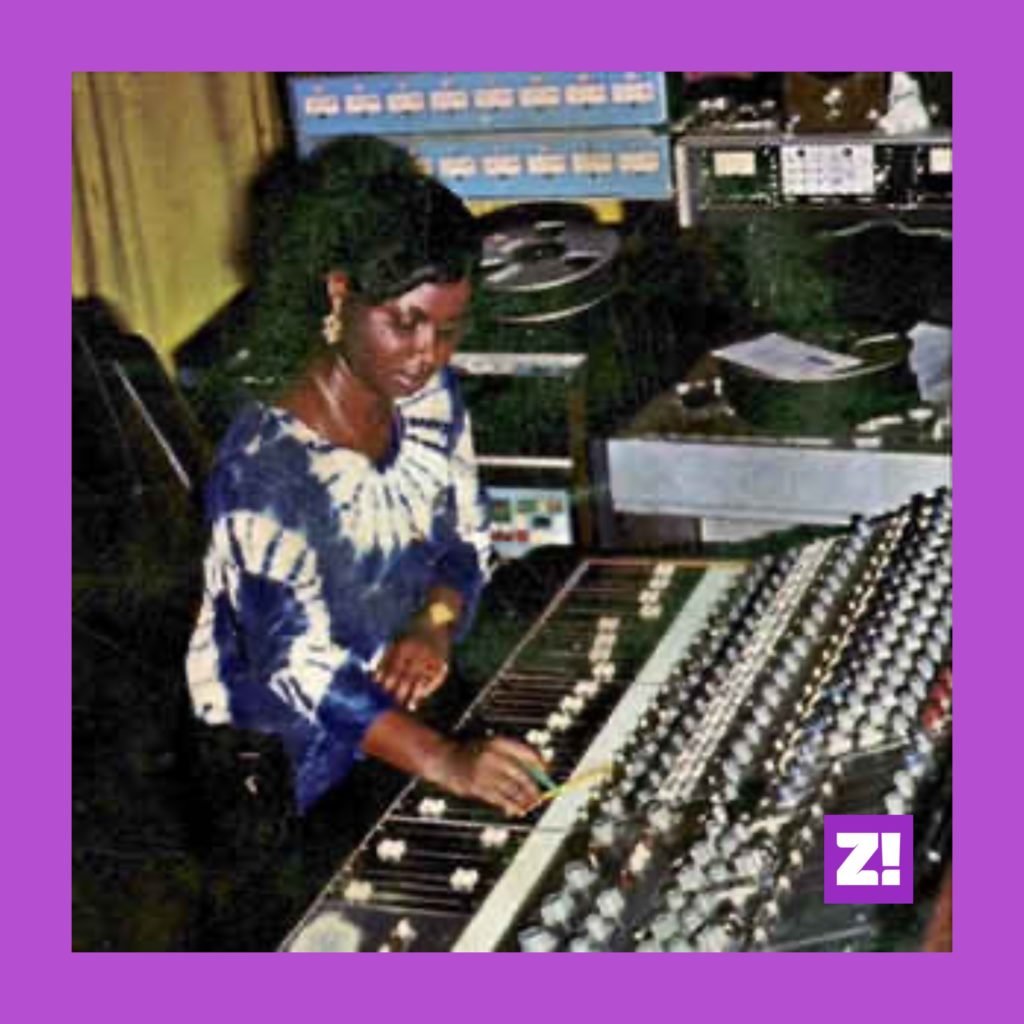
Popularly referred to as the “Lady with the Golden Voice”, Nelly Uchendu is responsible for the song, Love Nwantinti, a popular tune that has been passed down from generation to generation, Love Nwantinti. Singing alongside Mike Obianwu, Love Nwantiti was a smash hit in the 1970s and was followed by other songs like Late Night Husband, Mamausa and Nigeria Amaka
Fun fact: Nelly played Ikemefuna’s mother in the TV adaptation of Things Fall Apart and also played Tony’s mother in the original, but still as chaotic as hell, Nneka the Pretty Serpent.
4. Christy Essien – Igbokwe
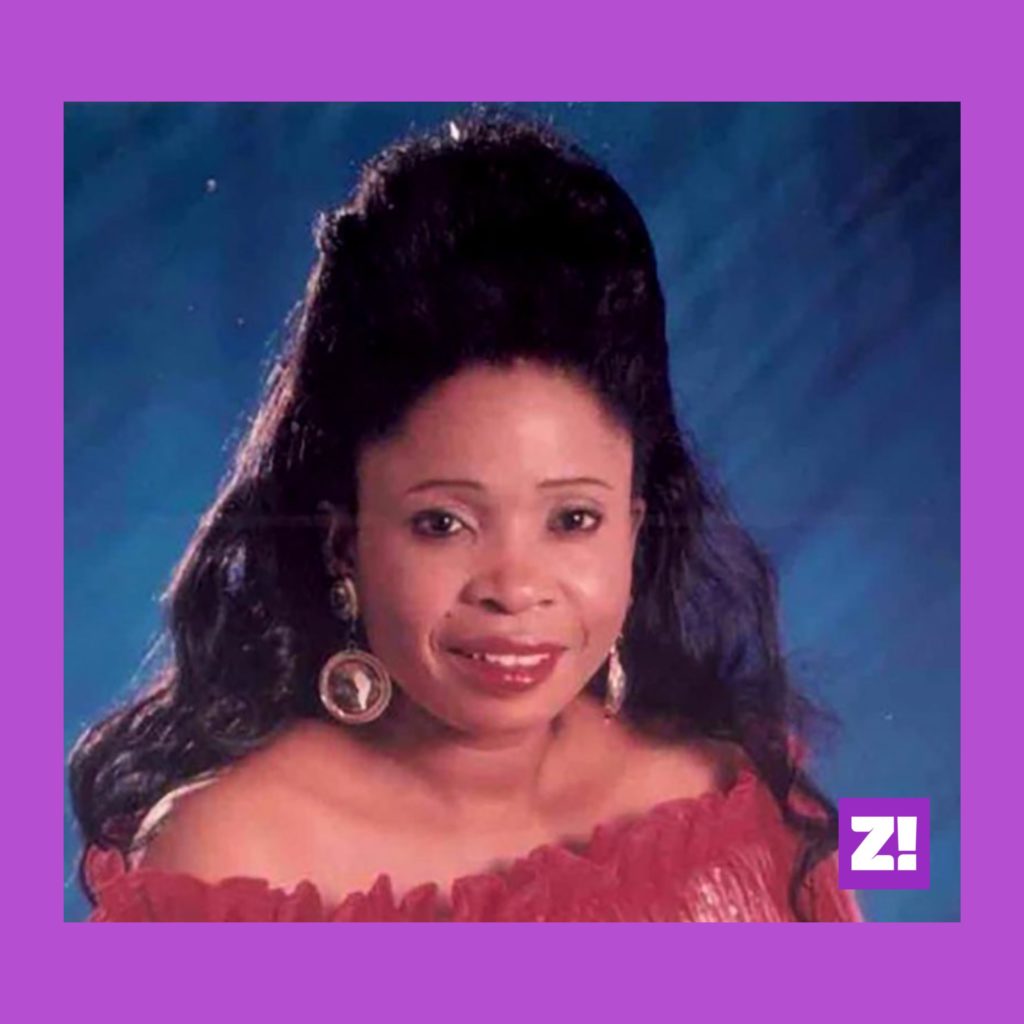
Also known as “Nigeria’s Lady of Songs,” Christy Essien-Igbokwe is one of Nigeria’s most legendary singers — so legendary that she was honoured by Google. While she broke out in 1977 with her debut album Freedom, it was 1981’s Ever Liked My Person? that solidified her position as one of the most exciting artists of her time, thanks to songs like Seun Rere and Akwa Ibom Mmi. She was also the founder and first female president of the Performing Musicians Association of Nigeria (PMAN).
Is it weird that Seun Rere constantly reminds us of the traumatic novel, Mother’s Choice? Hmmmm.
5. Salawa Abeni
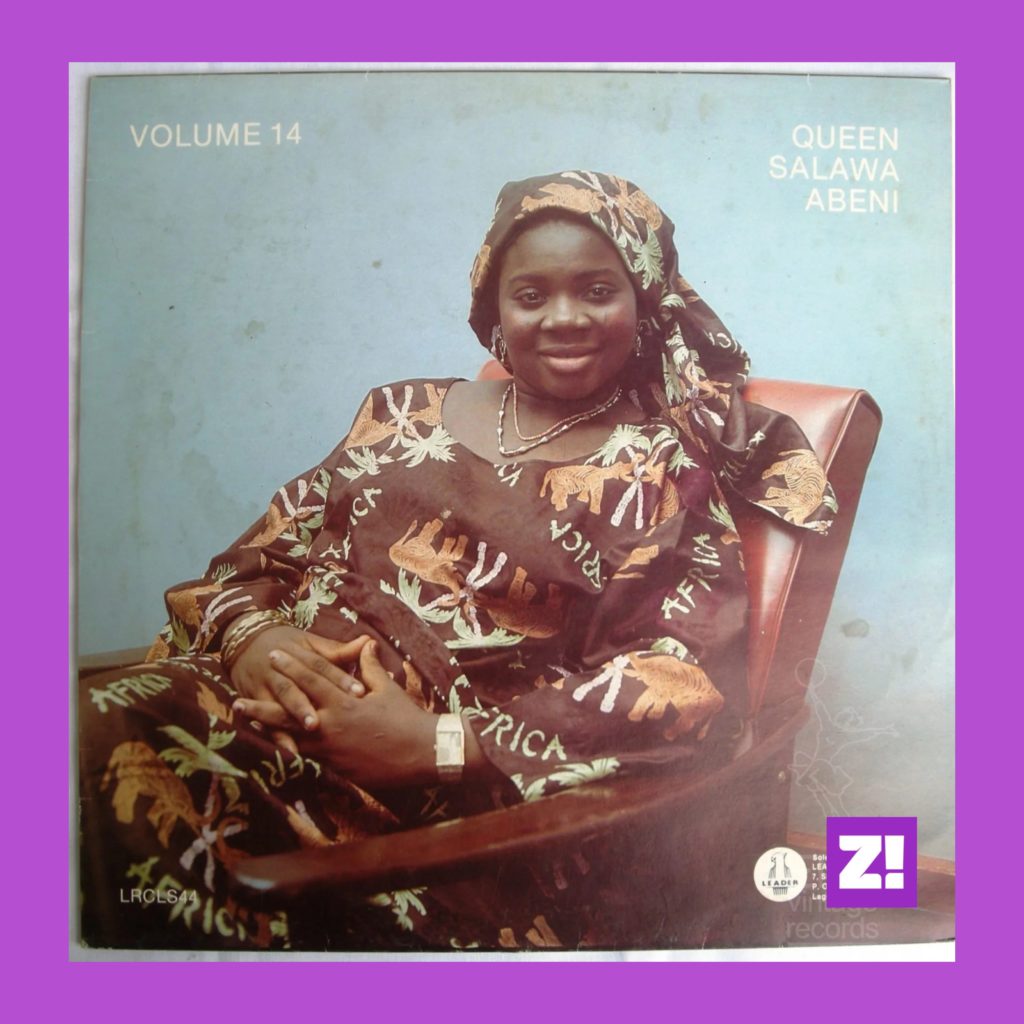
Before Ayra Starr and Rema became teen sensations, Queen Salawa Abeni was killing it as a 15-year-old singer thanks to her 1976 debut album, Late General Murtala Ramat Mohammed — the first album by a Yoruba-singing female Nigerian artist to sell over one million copies.
Shaking up the fuji scene and taking over its sub-genre Waka, Queen Salawa Abeni was officially crowned the Queen of Waka Music by the Alaafin of Oyo in 1992. Yes, queen! Still making music to this day, her influence can be found in artists like Simi and Teni the Entertainer.

